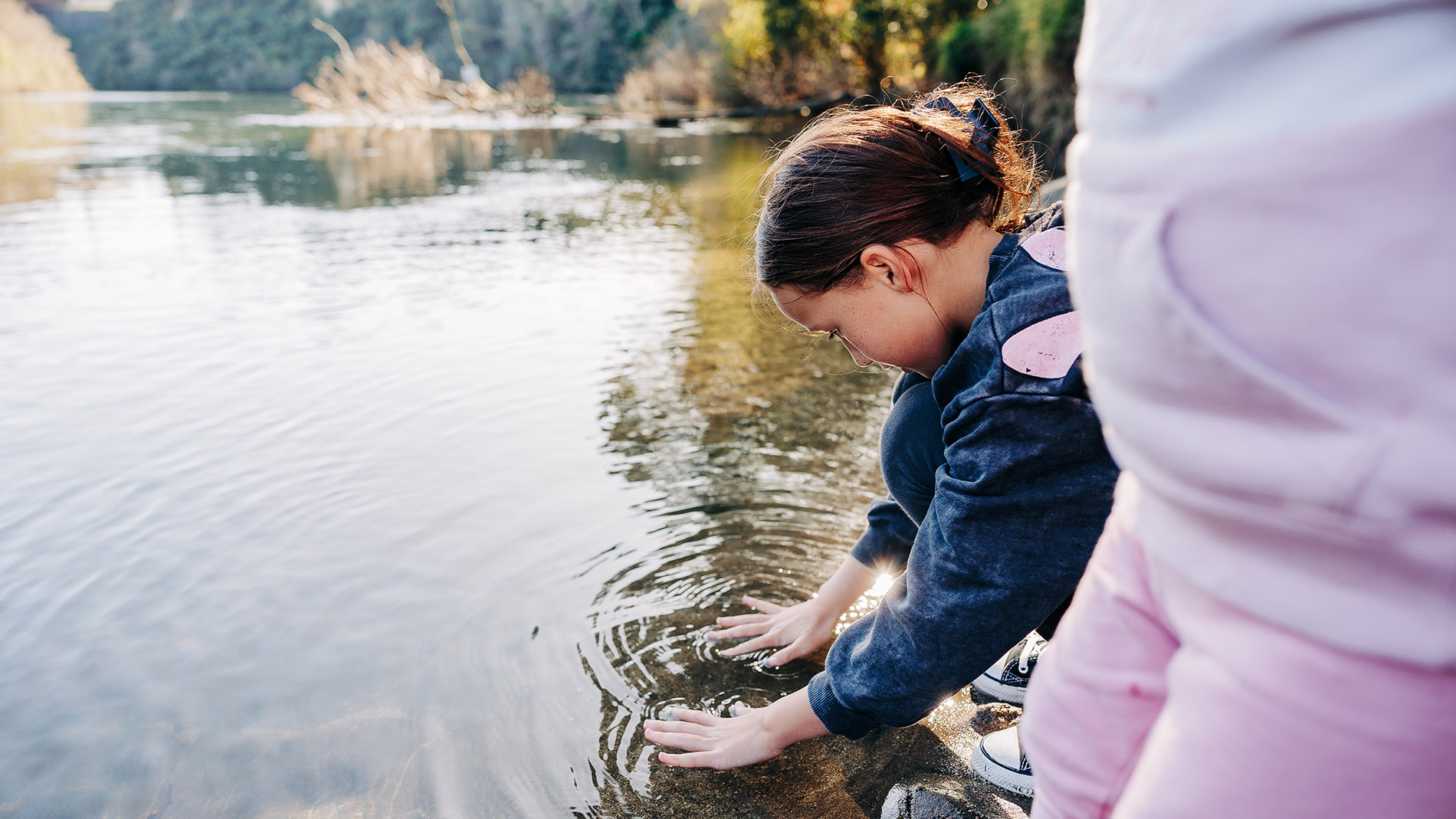Healthy, clean water is the focus of the council’s Freshwater Policy Review which will involve making changes to the Waikato Regional Policy Statement (RPS) and Waikato Regional Plan.
Revisions to the RPS and regional plan will likely affect how freshwater activities are carried out in the region, including taking and using water; discharges to land and water from diffuse sources and point sources; structures and works in wetlands; and the beds of lakes and rivers as well as land use practices.
We recognise that these revisions will affect many communities across the Waikato. That’s why, we want as many people as possible from different backgrounds to be involved in the discussion, so that all community perspectives are reflected in the decisions about how our local waterways will be managed.
Te Mana o te Wai
The National Policy Statement for Freshwater Management 2020 (NPS-FM) has elevated Te Mana o te Wai as the foremost fundamental concept that will determine how New Zealand’s freshwater resources will be managed. Te Mana o te Wai must underpin the council’s approach to protect and improve the region’s rivers, lakes, streams and other waterbodies and will be applied throughout the Freshwater Policy Review.
Te Ture Whaimana o te Awa o Waikato – the Vision and Strategy for the Waikato River is the primary direction-setting document relating to the Waikato and Waipā rivers. It will be woven into the Freshwater Policy Review and will prevail over any inconsistency with the National Policy Statement for Freshwater Management 2020 (NPS-FM).
Engagement with communities
The Freshwater Policy Review’s overall engagement approach will provide ways to make connections and share stories about waterways and Te Mana o te Wai/Te Mana o te Awa, hear about values and aspirations, and ask people how they think improvements could be achieved. The goal is that participants will understand the challenges, have a chance to share their ideas, and feel confident that their views will be considered.
An important part of implementing the NPS-FM is receiving feedback from communities on the values they place on fresh water, and improvements they would like to see over time.
Council staff will continue to work with Waikato farmers, industry and rural professionals as well as the general public to understand the issues and seek practical ways forward, including identifying solutions that work for our region.
Citizen Reference Groups
Citizen Reference Groups have been established in the five proposed Freshwater Management Units within our region.
The five groups are made up of local people with an interest and experience in freshwater, who bring together a range of perspectives to help inform and finetune the policy direction for different parts of our region. These group are operating in an advisory capacity as a community member and our staff will be actively involved in the groups discussion.
To find out more about the roles and objectives of these groups please refer to the Citizen Reference Group Terms of Reference here [PDF, 182 KB].
Citizen Reference Groups is one way to provide community input into the policy review process. Further community engagement to gain a wide range of input will continue to be part of our Freshwater Policy Review, including providing other avenues for tangata whenua and sector input.






To ask for help or report a problem, contact us
Tell us how we can improve the information on this page. (optional)